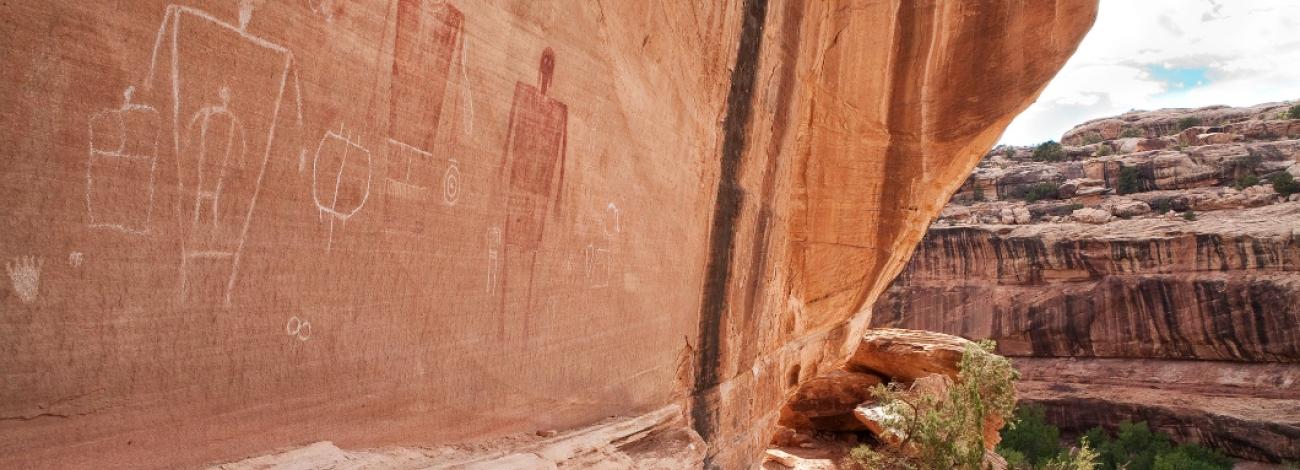
Government-to-Government Tribal Consultation
The United States has made solemn promises to Tribal Nations for more than two centuries. At the Bureau of Land Management, which is a part of the Interior Department, honoring our nation-to-nation relationship with Tribal Nations, strengthening Tribal sovereignty and self-governance, and upholding the trust and treaty responsibilities are paramount to fulfilling our mission. This means going beyond just checking the box to say we talked to Tribal Nations when we take actions that may affect Native American communities.
As an agency, we respect the ties that Native communities have to the land. America’s Indigenous peoples have roots that stretch back to before the founding of the United States—and are an important source of information for land management policy. We have learned that we best serve when we speak with and listen to tribal voices when formulating Federal policy that affects Tribal Nations.
That’s why we are reaffirming our commitment to robust consultations as the cornerstone of federal Indian policy. For example, BLM engaged in formal Tribal consultation as part of a proposed 20-year withdrawal of federal lands within a 10-mile radius around Chaco Culture National Historical Park in New Mexico. Chaco Canyon and the greater connected landscape has a rich Tribal and cultural legacy. As part of the process, our goal is to manage existing energy development, honor sensitive areas important to Tribes, and build collaborative management frameworks toward a sustainable economic future for the region.
These efforts underscore our belief that the Federal Government has much to learn from Tribal Nations and strong communication is fundamental to a constructive relationship. Our approach to engaging with Tribal governments helps the BLM identify the cultural values, the religious beliefs, the traditional practices, and the legal rights of Native American people, which could be affected by BLM actions on public lands.
